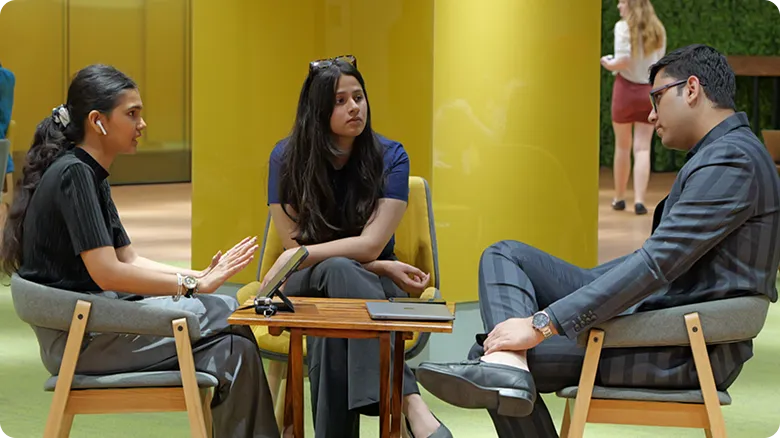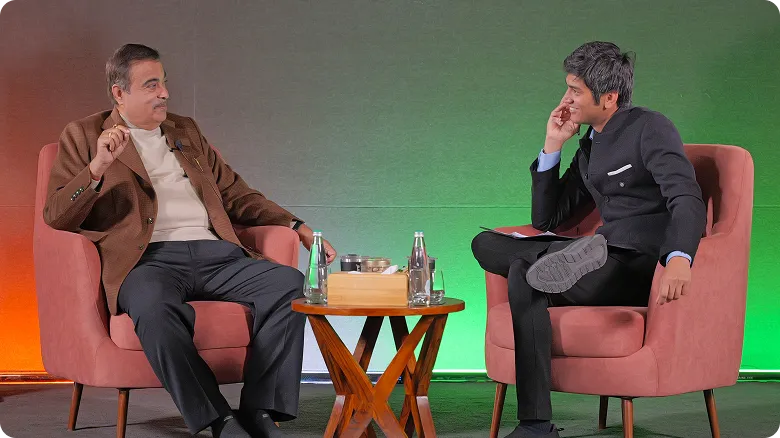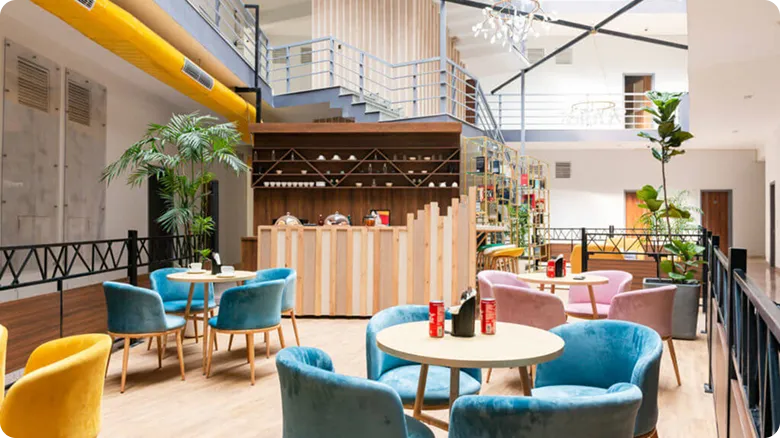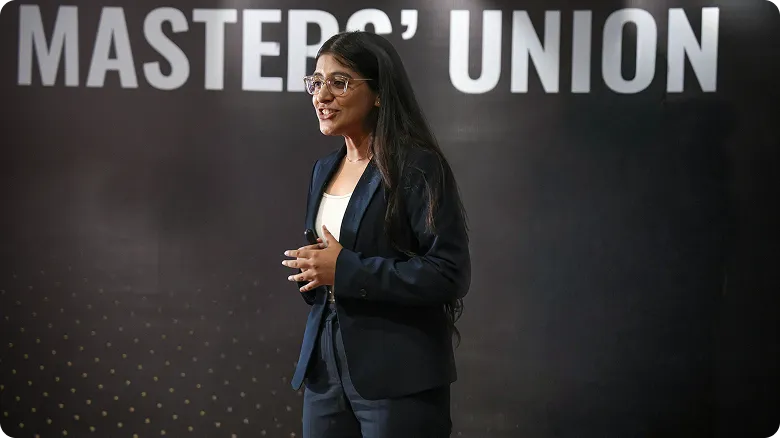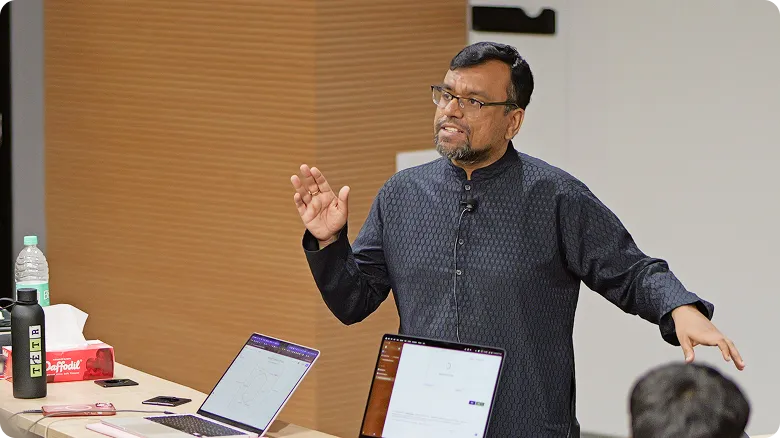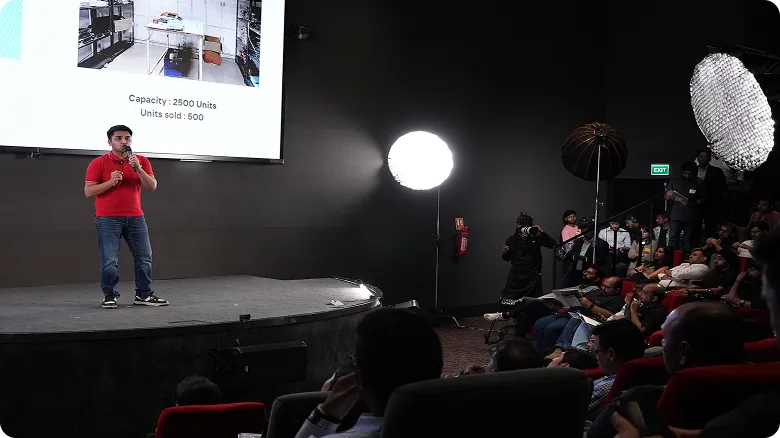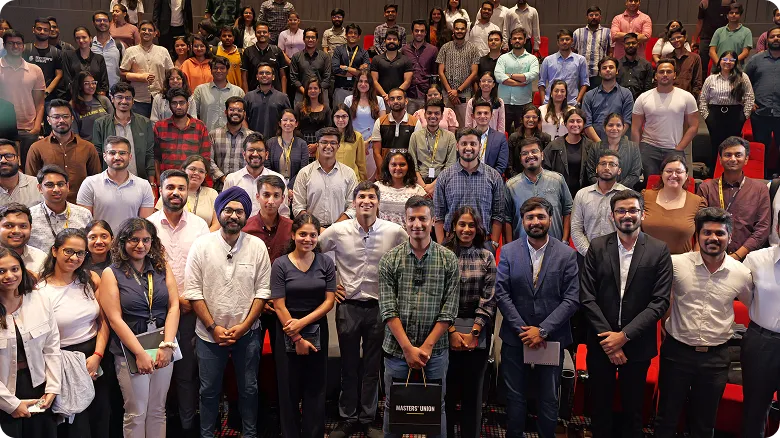Undergraduate
Undergraduate (Global)
Postgraduate
PGP in Technology and Business Management
PGP in Technology & Business Management
(Young Leaders Cohort)
PGP in Human Resources & Organisation Strategy
PGP in Sports Management & Gaming
PGP in Applied AI & Agentic Systems
PGP in UI/UX & Product Design
PGP in Sustainability & Business Management
PGP Bharat
Executive
Family Business
Careers
Innovations
Faculty
MU Ventures
Enterprise Education
Student Life
Jobs
Become a Master
events
For Companies
Blog
Business
How NoBroker Became India’s 1st PropTech Unicorn!
May 28, 2025
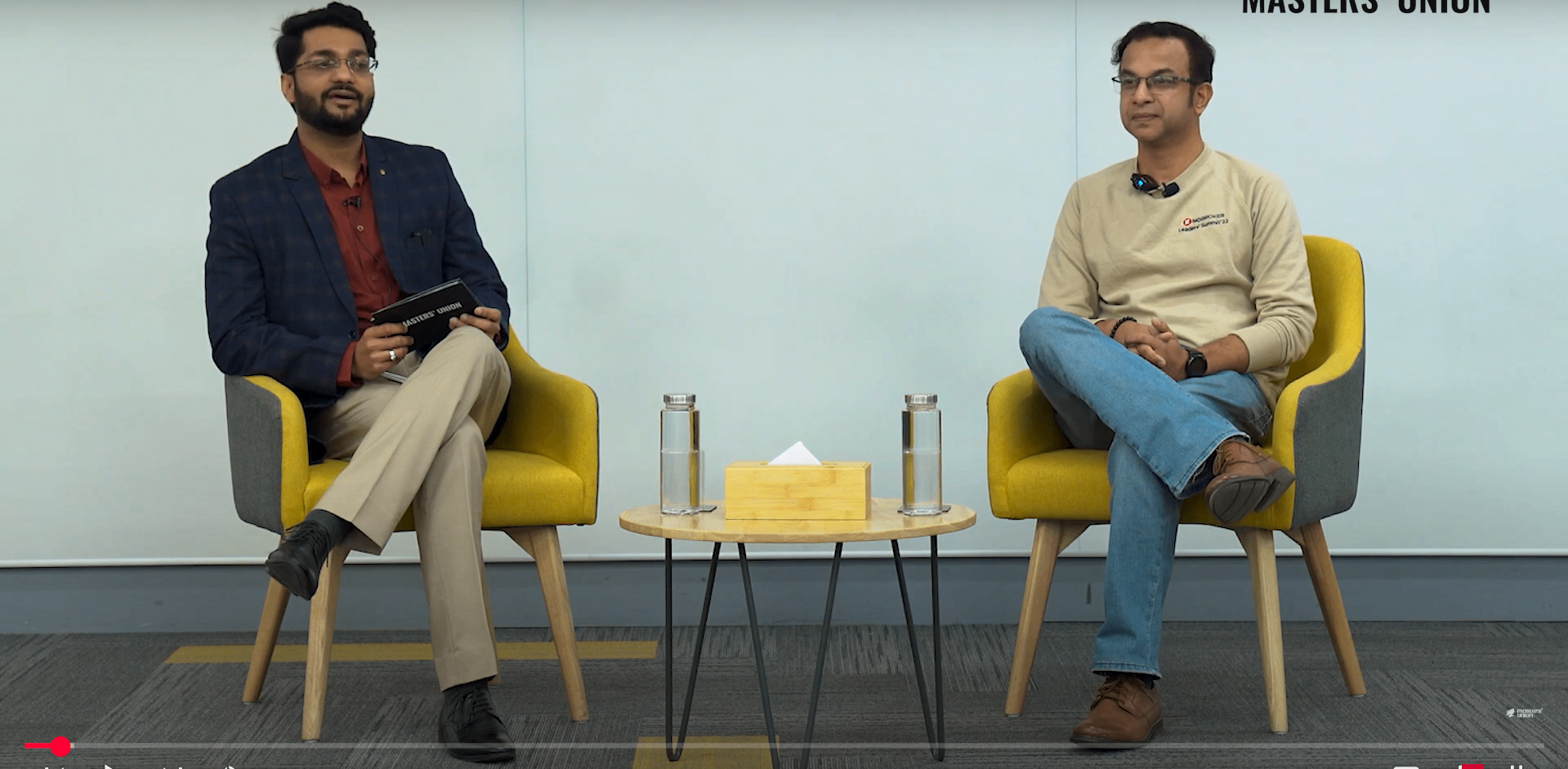
When Saurabh Garg paid a painful brokerage fee in 2007 to rent a flat in Mumbai, he knew something was off. He soon channeled his frustration and built India’s first property-tech unicorn!
NoBroker saves users over ₹4,000 crore each year in broker commissions. Beyond providing home listings, Saurabh explains that the consumer tech business is changing the way India buys, sells and rents homes by putting the power back in the hands of people.
Read this blog to learn how NoBroker grew from a simple idea into a full-service real estate ecosystem, and the lessons it offers for anyone trying to build a meaningful business.
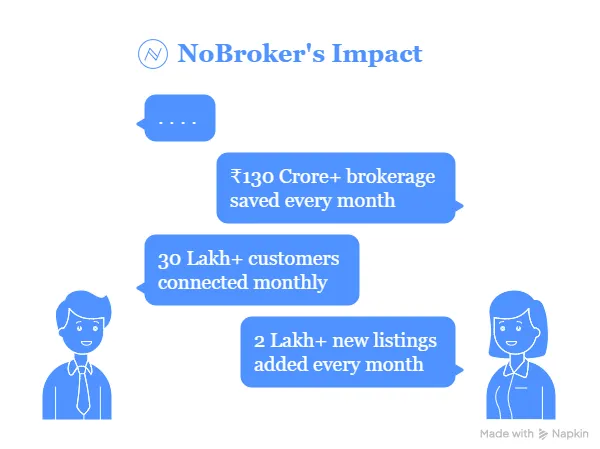
Want to watch the video instead?
Saurabh Garg: Co-Founder and CBO of No Broker, recently joined us on campus for a fireside chat and revealed his playbook for business success. Watch this video to gain insights on how NoBroker created an undisputed space for itself in a niche flat renting market:
Starting up with pain points and the right people
Saurabh’s entrepreneurial journey wasn’t driven by a passion for real estate. It was driven by a personal pain point that gave him the conviction to build something that could last. One experience sparked the idea for NoBroker, a platform built to remove middlemen from the property market.
Equally important was his choice of co-founders. Saurabh compares it to choosing a life partner. You need trust, the ability to argue openly, and long-term alignment. His relationship with his co-founders spanned over a decade before they started NoBroker, which made it easier to ride out the highs and lows of startup life.
“You don’t need a business plan first. You need the right team and a clear reason to start,” he says. Together, Saurabh and his co-founder started with one goal: to let tenants and property owners deal directly, without brokers taking a cut. But the journey didn’t stop there.
From listings to a full-service platform
Initially, NoBroker offered just one core feature: direct property listings. But very soon, the team realised that customers needed more than just contact details. They needed help moving in, getting paperwork done, painting walls, and even applying for home loans.
That’s when NoBroker began expanding. Today, NoBroker offers packers and movers, legal support, cleaning services, loans, rental agreements, and more, all under one roof. This has made the platform stickier and helped build long-term relationships with customers.
“We didn’t set out to build a services company,” Saurabh explains. “But when you listen to what people really need, it becomes obvious where to go next.”
This gradual evolution from a single-purpose tool to a real estate ecosystem shows how startups can scale naturally by solving one problem at a time, and doing it well.
Resisting pressure, earning trust, and staying focused
NoBroker’s growth hasn’t been easy. In the early days, they faced resistance from brokers. These are the same people they were disrupting. At one point, a group of angry brokers physically attacked their Bangalore office, damaging property and trying to intimidate the team.
Instead of backing down, the team used this moment to double down on their mission. The incident built internal belief and strengthened their sense of purpose.
“When someone attacks you for doing the right thing, it just proves that you’re onto something important,” Saurabh says.
Despite saving crores for customers, NoBroker has avoided flashy, high-pressure growth. They chose a freemium model: listing is free, but users can pay for premium services or a dedicated relationship manager. This keeps the platform accessible, while allowing for sustainable revenue. Their focus has always been on building a strong network and solving problems,not chasing valuations.
Navigating crisis and choosing long-term over short-term wins
When COVID-19 hit, property transactions dropped sharply. No one was moving homes or visiting listings. But instead of waiting it out, NoBroker adapted. They pushed their services arm: cleaning, maintenance, and legal paperwork at a time when hygiene and convenience became top priorities.
Interestingly, the pandemic also sparked a shift in mindset.
More people began looking to buy homes, not just rent. This gave NoBroker a second wave of growth, with increased demand on the buying side.
Saurabh shares that they were never focused on quick profits. Like many tech businesses, their aim was to build scale first and figure out margins later. Investors were initially hesitant about a business that didn’t charge brokerage, but NoBroker stood its ground. “We were clear that we’re not here to be profitable in year one. We’re here to build something that lasts ten or twenty years,” he says.
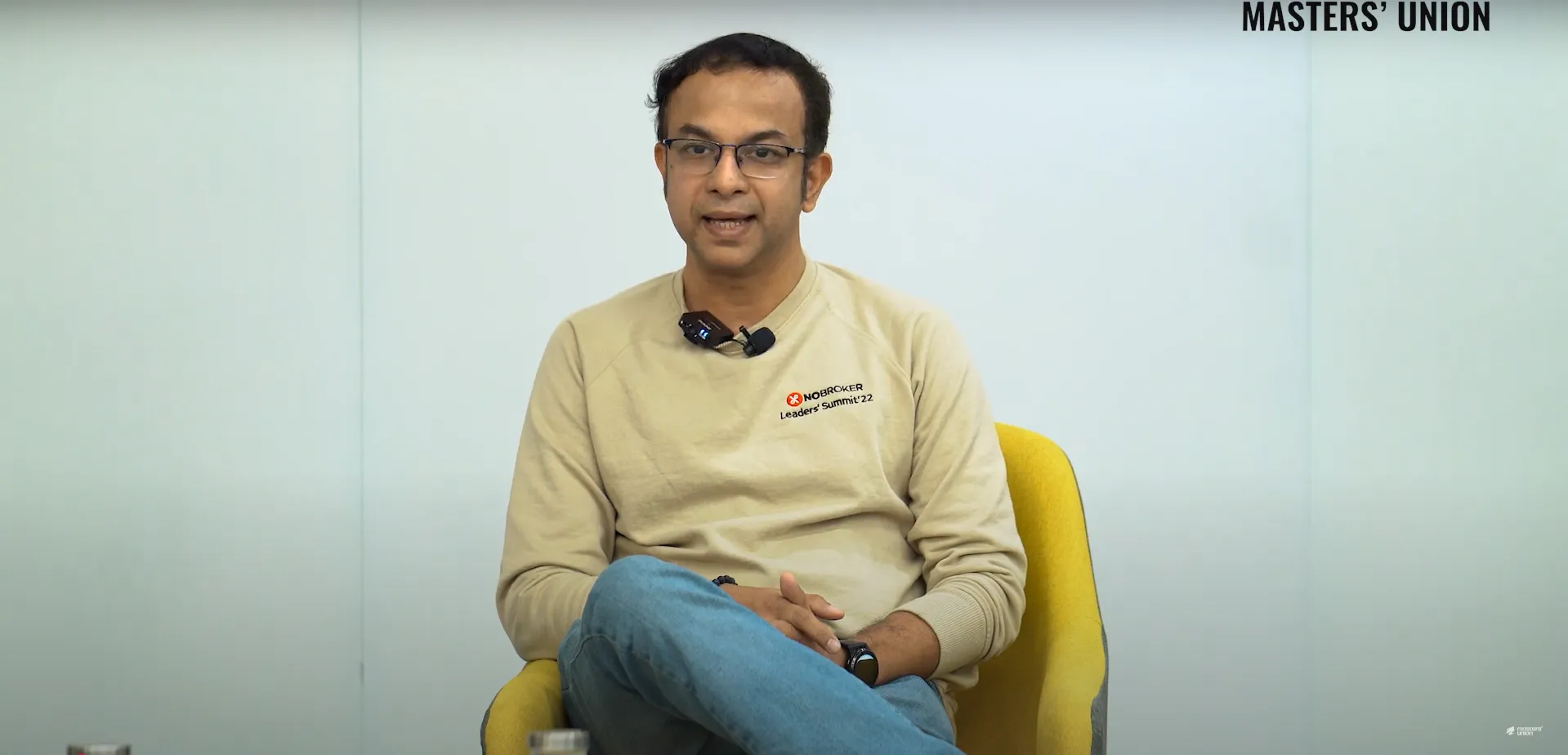
Lessons in leadership, learning and lasting impact
For Saurabh, entrepreneurship is as much about mindset as it is about execution.
He believes founders should spend less time in daily operations and more time learning, mentoring, and shaping company vision. Building a strong second-level leadership team is key to scaling, and reading, listening, and staying curious are daily habits.
He advises young founders not to chase unicorn status. Don’t start something just because it’s trendy. Start when you’ve felt the problem yourself and you’re ready to commit for years. “If you build something that genuinely helps people, the valuation will follow,” he adds.
Even now, with a ₹4,000 crore impact and millions of users, Saurabh believes NoBroker has just scratched the surface. The Indian real estate market still leaks over ₹150,000 crore in commissions every year. That’s the opportunity ahead.
Problem-solving is the foundation of success
NoBroker’s story isn’t about sudden success or viral growth. It’s about patient problem-solving, a deep understanding of the customer, and a willingness to stay the course when things get tough.
In an industry ruled by middlemen and informal networks, NoBroker chose to do the hard thing: build trust, one transaction at a time. And in doing so, it’s proving that with the right intent and a long-term mindset, even the most traditional markets can be changed quietly for good.

